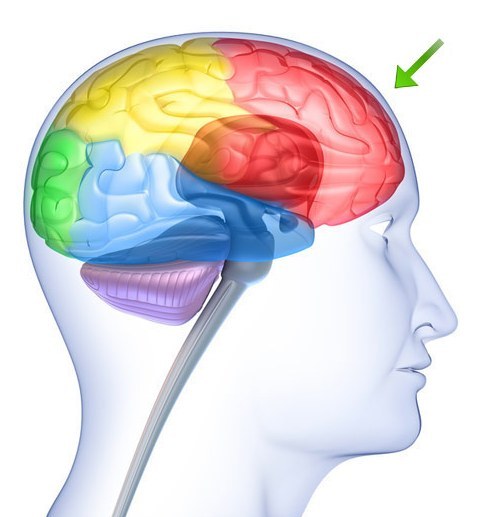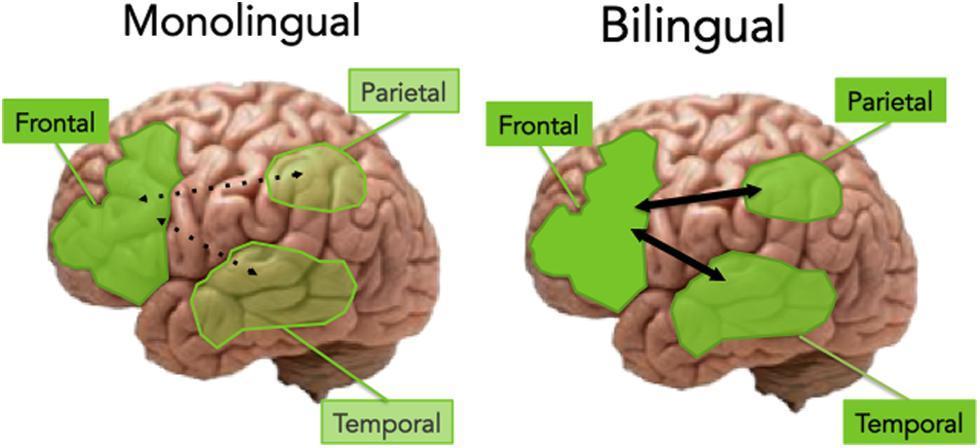Many people are bilingual.
More than half of the world's population is bilingual. In the U.S and Canada approximately 20% of the population speaks a language at home other than English. In urban areas these numbers are even higher: about 60% in Los Angeles and 50% in Toronto. If we look at Europe, bilingualism is even more prevalent: According to surveys, 56% of the population across all European Union countries reported being functionally bilingual, with some countries having even higher rates, such as Luxembourg at 99%.
A disadvantage?

Mixed results.
During a study in Montreal conducted with French-English speaking children, researchers Peal and Lambert found that bilingual children were superior on most tests, especially those requiring symbol manipulation and reorganization. At the same time verbal skills of bilinguals in each language are generally weaker than are those for monolingual speakers of each language. On picture-naming tasks, bilingual participants were found to be slower and less accurate than monolinguals. Slower responses for bilinguals are also found for both word comprehension and production, even when bilinguals do the task in their first and dominant language.
Better executive control?

An overstated advantage?
Angela De Bruine a bilingual Psychology Graduate at the University of Edinburgh after reading about the effects of bilingualism on executive functioning decided to herself look at the research conducted on the topic. How she went about this was to look through the conference abstracts from conferences between 1999 and 2012 on the topic of Bilingualism and Executive control. What she found was that in these conference abstracts about half talked about some kind of bilingual advantage on certain tasks while the other half gave some kind refutation of a bilingual advantage. But what was really surprising was that of the studies reporting an advantage 68% were published while only 29% of those who found a monolingual advantage or no advantage at all were published. These findings while not telling us that there isn't a bilingual advantage do make a point of showing how there might indeed be an overstatement of the Bilingual advantage, especially at a younger age.
Another potential advantage.


